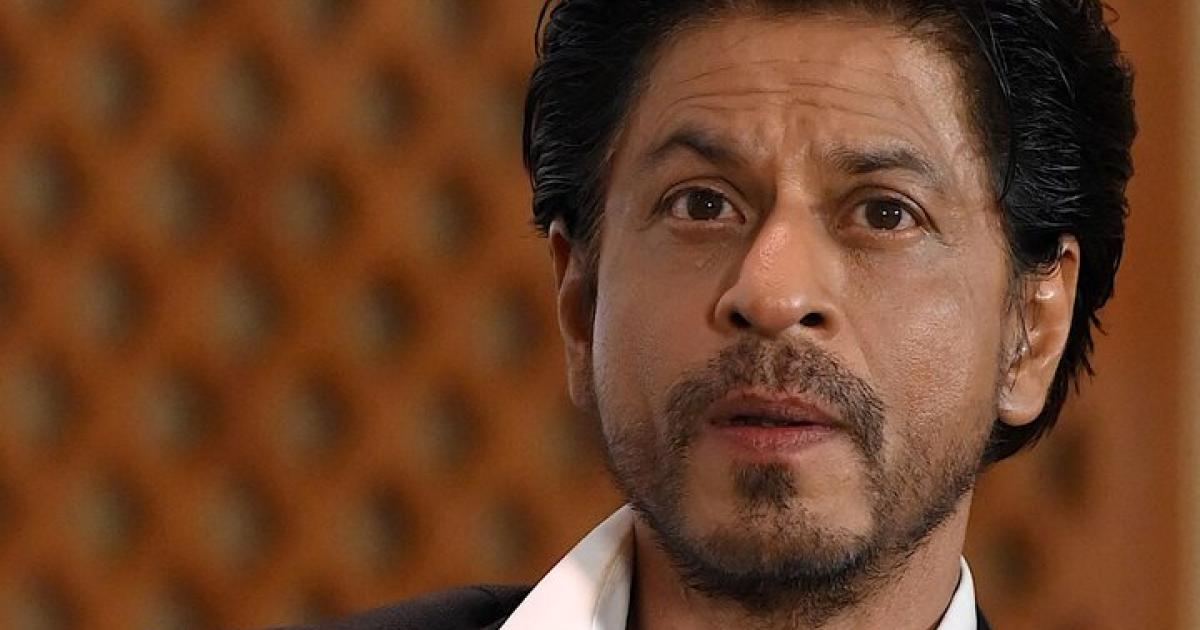Status: 07.12.2022 01:55
It was something of a crash course for the German Foreign Minister on India: Annalena Baerbock’s first visit to the country of 1.4 billion people – which is becoming increasingly important for Germany – lasted less than 48 hours.
For the residents of the small Indian village of Khori, world politics is far away: Russia’s war of aggression against Ukraine, China, India’s G20 presidency – it’s all happening somewhere there. Here, the inhabitants wonder: will my family have enough to eat tomorrow and how many hours will I have electricity today, if at all.
At least the energy problem has been solved for quite a bit in the village: “We have been surviving since the year 2000 thanks to solar energy”, proudly says Sunder Lal, head of a local aid organisation. What the whole world and the whole of India are talking about these days, solar energy, has been discussed for more than 20 years, Lal says.
He shows the German Foreign Minister how it is now possible to run solar-powered water pumps to irrigate fields of mustard flowers that have just bloomed. For Annalena Baerbock, as she said during her trip to rural India, this is proof “that India has the potential to leap light years in terms of climate protection. not have to enter the fossil trap first.”
India as a partner in the face of Chinese economic power
Today, a two-hour drive from Delhi, Khori is in many ways something of a “model village” and, unlike so many others in India, has taken a leap of decades, if not “years- light” in its development.
In any case, Germany’s desire to deepen its relations with India is beyond doubt. Also, but not only, for climate protection. After all, becoming more economically independent of China is a strategic goal. The “world’s largest democracy”, as India is often called, is an obvious choice.
Annalena Baerbock remarkably often uses the word “partnership in values” during her trip: “We experienced in Germany what it means when you make yourself dependent on a country that does not share your values”, underlines the Minister of Foreign Affairs foreign countries and declares, without naming it, Russia.
India insists on energy partnership with Russia
As for Putin’s war of aggression against Ukraine, Delhi has once again made it clear that it will not let anyone dictate its behavior towards Moscow or where it gets its oil from: ‘Let’s look at the facts first’ , replied Indias. Minister Jaishankar when asked why his country is buying more and more cheap oil from Putin. And then calculated that Europe’s energy imports from Russia have exceeded India’s many times over since the start of the war.
Since the start of the war, India has certainly changed its choice of words towards Putin. Prime Minister Modi recently coined the phrase that “this is not the century of war”. Even if it is certainly not a clear condemnation, Baerbock wants to see it as a “refusal” to the war of Russian aggression, she underlines during her trip and praises the “international pressure” on the Russia, to which India contributes. However, there is no indication that the government in New Delhi is moving clearly towards the German-European line. Value partnership or not.
Inspiration from Baerbock’s “feminist foreign policy”
Even the inhabitants of the isolated village of Khori, in northern India, have not been completely spared from this war: food prices have risen considerably across the country since February. Hardly anyone in India lives completely disconnected from global politics.
As for Annalena Baerbock, she had something of a two-day crash course in India on her first visit. She tested Delhi’s state-of-the-art metro, helped roll out bread dough at a temple and got a first impression of the bustling, chaotic Old Town in the metropolis of 21 million.
Finally, the Greens politician brings back to Germany an idea from her trip to the country: On the entrance gate of the aid organization, the sentence is written in large Hindi letters: Only a country that treats everyone in the same way, including women, can be truly economic development potential. This phrase, says Baerbock, should be photographed and used as the guiding principle of her “feminist foreign policy.”

“Unable to type with boxing gloves on. Web maven. Infuriatingly humble creator. Typical tv specialist. Music aficionado. Proud explorer.”





